
Breaking down barriers for the next generation of filmmakers
A new collective of women filmmakers from the Middle East, North Africa and the diaspora is promoting sisterhood and solidarity in an attempt to pave the way for a new diverse wave of film talent.
Documentary film has the power to amplify the voices of women and minorities, portray their active roles in society, support their participation in public debate, challenge gender stereotypes and hold decision-makers accountable for human rights.
But if you are a female filmmaker in the Arab region, working on your first film is likely to be an experience so challenging, isolating and draining that you never make it to your second.
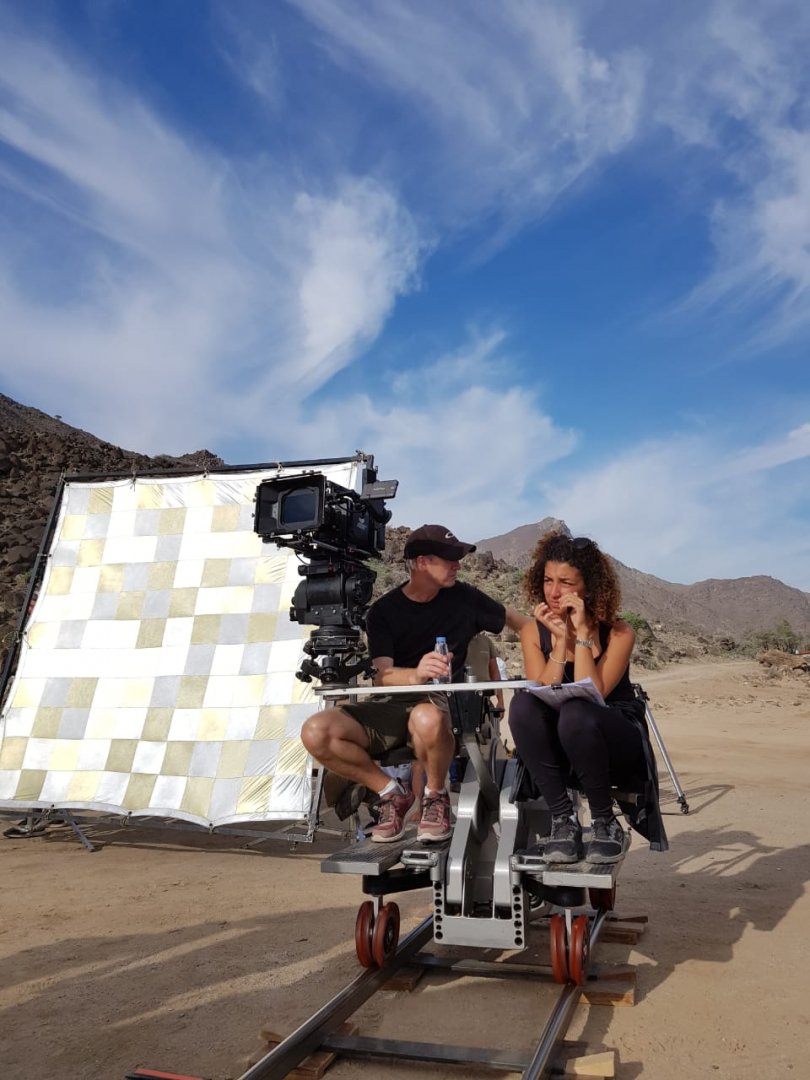
Traditional and patriarchal structures are recurrent in many aspects of the film industry globally; women and minorities often have to work twice as hard to achieve half the access, opportunities, support and recognition as the male majority. This struggle is further amplified when you are making films in an environment of unrest, conflict and upheaval.
As a result, many female filmmakers decide or find themselves forced to leave the industry. It is a personal loss for those who wished to pursue a career within filmmaking, the industry loses out on aspiring talents and societies miss out on nuanced narratives and important voices in the public debate.
Mentally exhausted and with very little money left after finishing her first film, Lebanese filmmaker Myriam El Hajj was faced with a similar dilemma. Her debut documentary film “Trêve” (“A Time to Rest” in English) was very well received by critics and on international film festivals across the world, but the next step in her career proved to be the most difficult one:
“When I finished my first film in 2015, I was in my 30s. I wanted to do my second film, but at the same time I needed to have an income. So I started working, giving courses at the university and taking other freelance jobs. I was struggling to get started on my second film. The ideas were there, but now I didn’t have time to sit down and write,” says Myriam El Hajj.
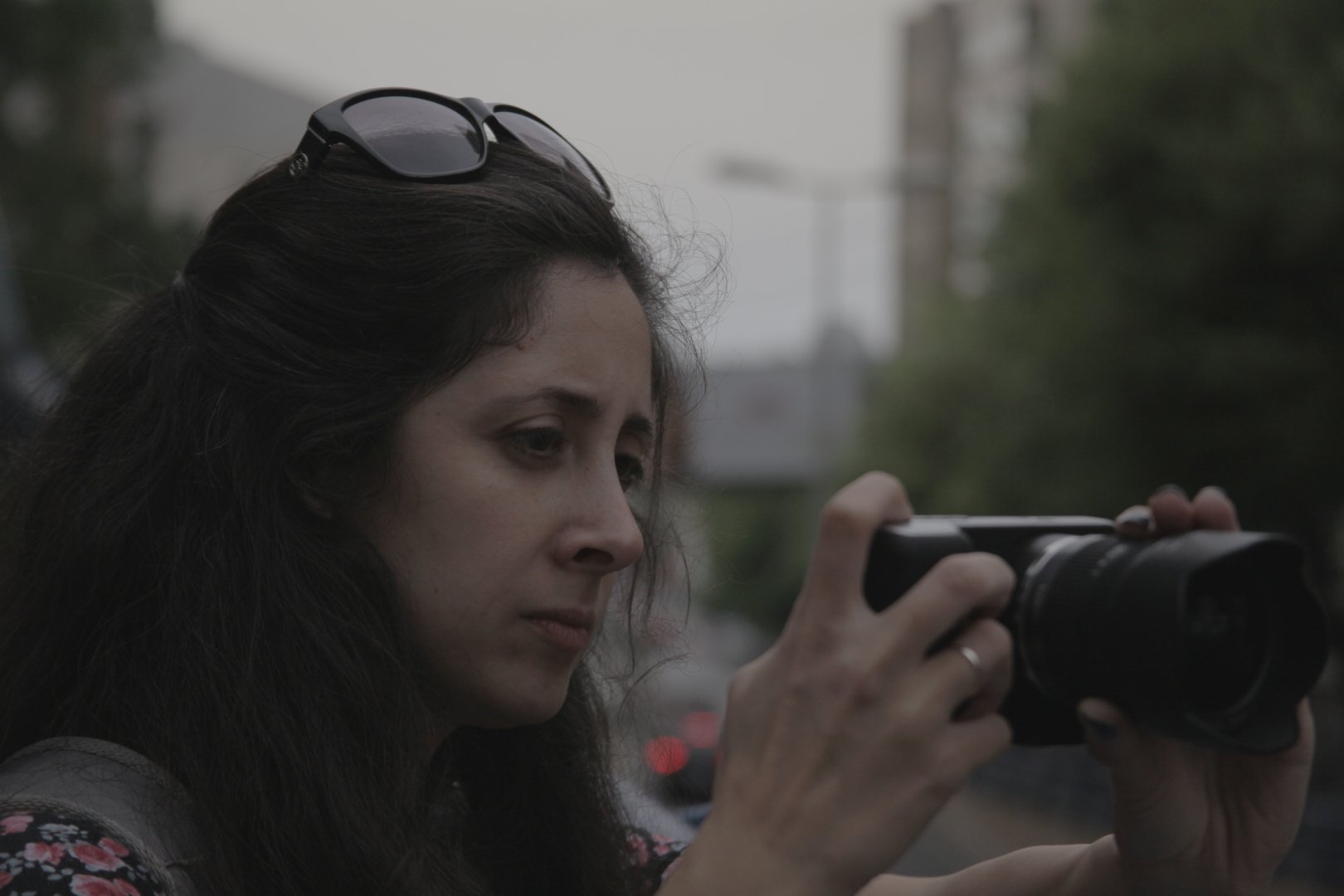
Creating a more equal industry
In 2019, when Myriam and a group of other filmmakers from the region met at workshops in Tunisia and Morocco, they started sharing personal experiences from working on their first and second feature films and quickly realized that they had come across so many of the same obstacles:
“We had all struggled with isolation, with emotional issues, with financial issues, with cultural issues, but we didn’t realize that there were so many other people dealing with the same issues. So we thought that if we could collectively come together and try to challenge those situations and give support and nurture new talent so that they don’t have to go through those same situations, we might be able to create a more equal, ethical and respectful industry on and off screen,” says Libyan/British filmmaker Naziha Arebi; producer and director of the award winning documentary film Freedom Fields.
In the following months, they continued their talks and began imagining a collective of voices that could help shift power dynamics within the industry and society and that could inspire alternative narratives and new cinematographic languages, beyond stereotypes.
The launch came at the El Gouna International Film Festival 2020 in October where the collective RAWIYAT – Sisters in Film was launched by nine founding members; Naziha Arebi (Libya/U.K.), Myriam El Hajj (Lebanon), Yasmina Chouikh (Algeria), Danielle Davie (Lebanon), Dorothee Kellou (Algeria/France), Dina Naser (Jordan/Palestine), Erige Sehiri (Tunisia), Lina Soualem (Palestine/Algeria/France) and Kawthar Younis (Egypt).
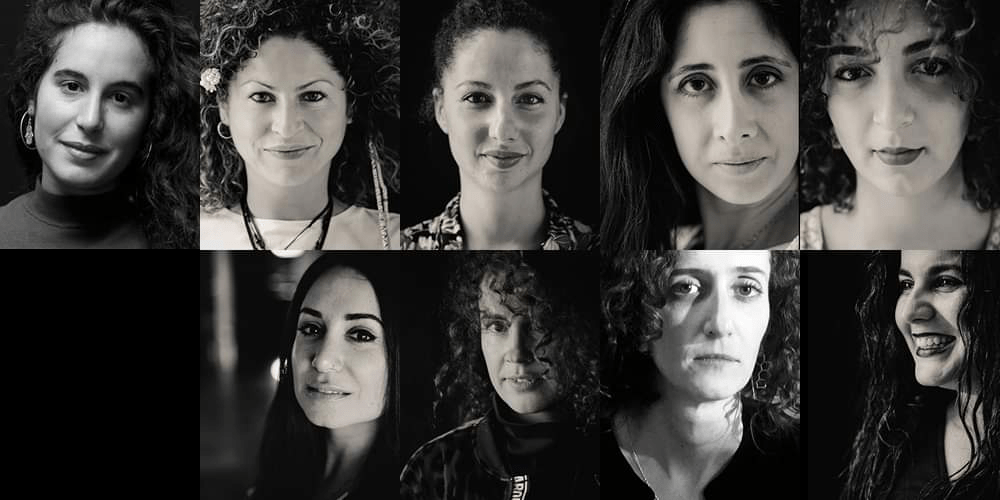
RAWIYAT – which means storytellers in Arabic in the female form – was created as a network for filmmakers from the Middle East, North Africa, its diaspora, indigenous groups and refugee communities, across multiple intersections of identities, with the overall ambition to create a more sustainable and creative film industry.
An important part of their work will be to grow a large network of women filmmakers in and outside the region and facilitate creative collaborations between different filmmakers.
Guiding and nurturing new film talents is central to the work of the collective, and at a time when many young filmmakers are struggling to find the right information on how to get started and sustain themselves in the industry, the collective will be developing and sharing resources and knowledge with other filmmakers. This will be focused not only on the financial, legal and industry aspects, but also creating the space for new languages of cinema and creativity to emerge.
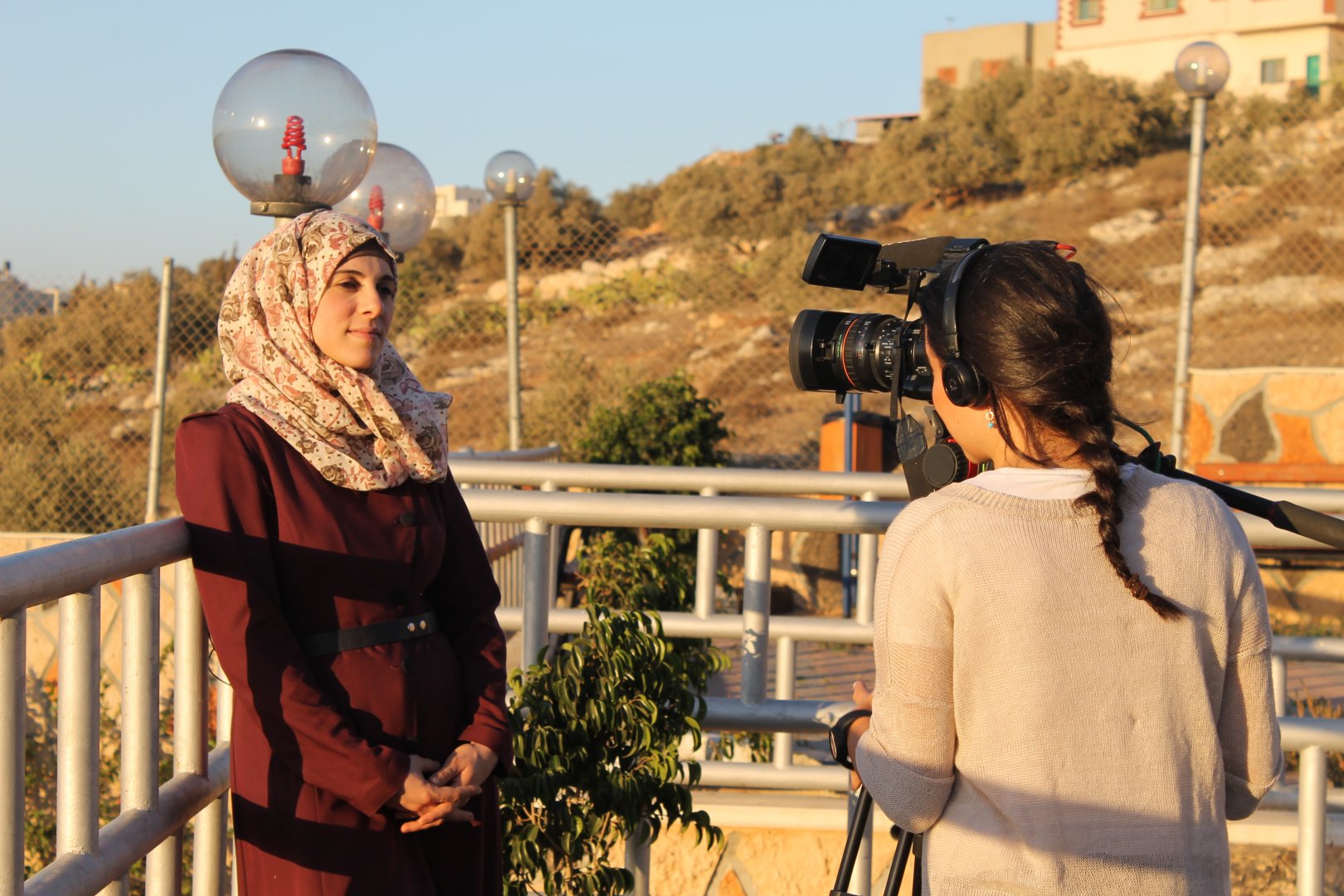
A collective of role models
IMS is one of the first organisations to give support to RAWIYAT – Sisters in Film. Among other things, the funding from IMS will be used to create a new visual identity, build a new website, and support a focus group for the members of the collective in Tunis in December.
Rasmus Steen who is Head of Documentary Film at IMS, believes that the collective will play an important role in inspiring new film talents:
“RAWIYAT – Sisters in Film is a collective of role models. It is very important to have an organization like this in the Arab world. We see them as a cluster of initiators that can show the way for new talents in documentary film,” says Rasmus Steen.
When Naziha Arebi is looking at the film scene, she is thrilled to see a new wave of female talents starting to come forward from the region and its diaspora, challenging the way stories are being told and looking at the region from a different angle:
”For such a long time, you’ve had a male perspective, not just on the region but on the world. I think it’s so important that there are varied voices out there, that there are multiple stories and not just one narrative from the region that is exoticised,” says Naziha Arebi.
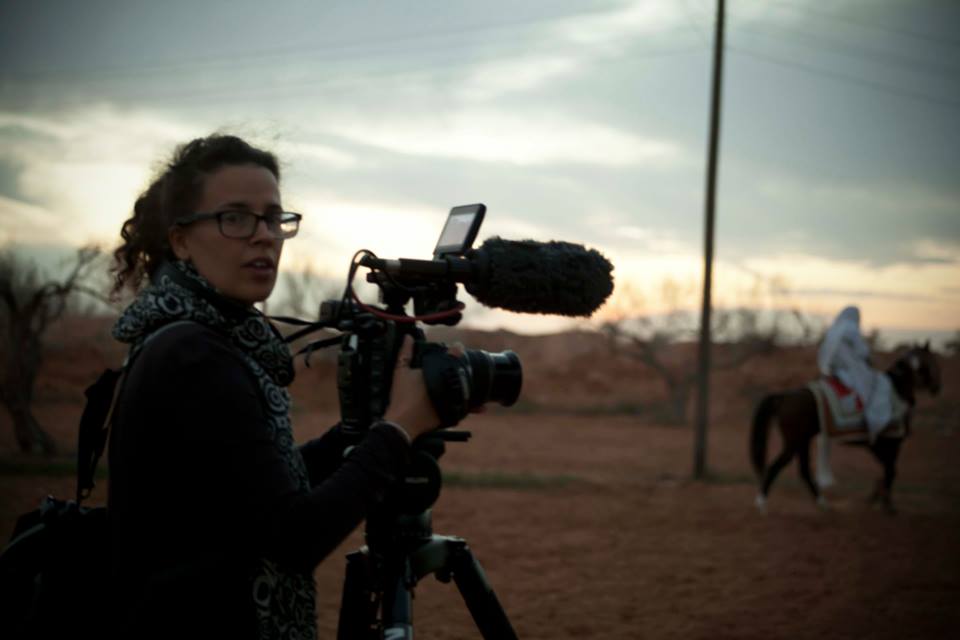
Breaking down the system
At the University of Balamand ALBA in Beirut where Myriam El Hajj teaches cinema, she is witnessing a mentality, where male director and producers are often more acclaimed and perceived as more credible than women:
“Even when you ask female filmmakers to give you five best film directors, they will name five male filmmakers. There is this mentality,” says Myriam El Hajj.
In the collective, they know that changing the mentality of an industry is not going to be easy and is going to take time. But improving conditions for new filmmakers and helping to retain more of the female film talents, is an important first step:
“Supporting these women so that they make it to their 2nd, 3rd and 4th film is so important to us. Hopefully the collective and the vision that we grow together will help to change the landscape and make a better system for the next generation. Or even break down the system.”
RAWIYAT – Sisters in Film – MANIFESTO:
We aim to foster a supportive and egalitarian market to shape a fair, healthy, sustainable and transparent film industry, accessible across gender, generations, class, ethnicity and borders.
We advocate for a non competitive, anti-capitalist approach by creating a network and solidarity among filmmakers from the Middle East, North Africa, its diaspora and refugee communities.
We believe in championing independent voices, alternative narratives and new cinematographic languages, beyond stereotypes, with the aim to shift power dynamics within the industry and society, thus instigating change on and off screen.




